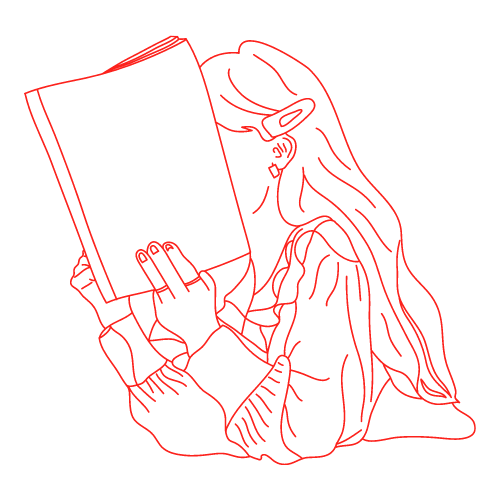Wolf Hall Trilogy
Wolf Hall
An intricate, detailed, and methodically plotted rendering of Thomans Cromwell’s ascent to power under the rule of Henry VIII. Mantel’s prose is rich and elaborate, without being over the top (for me at least). She has an incredible talent for imagining the intrigue, the simpering, and the social climbing of the court. This novel is engrossing! It’s helpful to look up the characters as you go along—there are a lot of key players in the story and they all have multiple titles which can get confusing.
Mantel’s superclose third person narration gets you inside Cromwell, but it comes at the expense of clarity. She often uses ‘he’ to refer back to Cromwell, even if the antecedent is grammatically something else. The overall effect is an expansive novel that remains deeply focused on Cromwell, but the experience can be frustrating. WOLF HALL takes a bit of a close read (I actually ended up reading the first 20ish pages twice!), but is absolutely worth it if you’re interested in Henry VIII or the general historical period.
Bring Up the Bodies
Bring Up the Bodies is a fascinating follow-up to Wolf Hall! If we’re comparing the two, I liked Bodies more, but I think part of that is because Mantel does so much character work in the first book; the two can’t really be separated. We return to the same cast of characters: Katherine, cast aside, not without consequences, but also not lacking allies; Cromwell adhering to a punishing schedule, well-known, with a massive rolodex of friends and enemies who need his attention; the embattled Anne Bolyen, rapidly losing favor; and Henry VIII, ever the petulant, coddled little boy, no matter how old he gets. There are so many more critical characters, including Jane Seymour, waiting in the wings for the crown, and various dukes and social climbers, but I don’t have room to talk about them all!
Cromwell is locked in a high-stakes battle with Anne, a formidable opponent. You get a lot of Anne in this book, which I really enjoyed, even though it’s filtered through Cromwell’s perception of her. Mantel’s ability to create, represent, and imagine history makes the book so compelling. She takes a time period that can seem stuffy and inaccessible (at least, at times, to me) and makes it shimmer, bringing personalities and conflicts completely to life. You are dropped right into this environment of fear and flying accusations, a place where the truth doesn’t matter. The trial of Anne and her suitors illuminates how little agency anyone has when they’re up against the ‘divine right’ of the House of Tudor, enforced by the relentless Cromwell. Mantel also raises tons of questions about women and their bodies, where they find power, and how they’re politicized.
The writing is predictably dreamy; I love Mantel’s descriptive, flowing prose. She absolutely nails atmosphere, every time, whether it’s by paying incredible attention to the details of the weather or the delicate shifts in the political climate. It takes a bit of effort, but I find her truly a delight to read.
The Mirror and the Light
The Mirror and the Light is a thrilling conclusion to Mantel’s Cromwell trilogy! Beginning after the death of Anne Boleyn, the novel traces the protracted downfall of the most powerful man in London. He is used to being one step ahead of everyone but by 1536 the common son of a blacksmith, has made too many enemies. Although Henry VIII bestowed the title of Lord Cromwell upon him, the noble born members of the court are suspicious of his common birth and jealous of his unprecedented access to the king. When fickle Henry turns on him, Cromwell has nowhere to go but his death. I was on the edge of my seat throughout, even though I knew the inevitable was coming—a testament to Mantel’s skill as a writer.
Cromwell is a fascinating character. His mind is endlessly tabulating debts owed and repaid and keeping track of the status of various friends and enemies. Mantel gets so deep into his psyche. She also brings the details of the time period to life—focusing her attention on palace intrigue, while also managing to stuff the narrative full of details about the food, clothing, and household norms of the time.
I learned SO MUCH about this time period through these books and highly recommend them!

